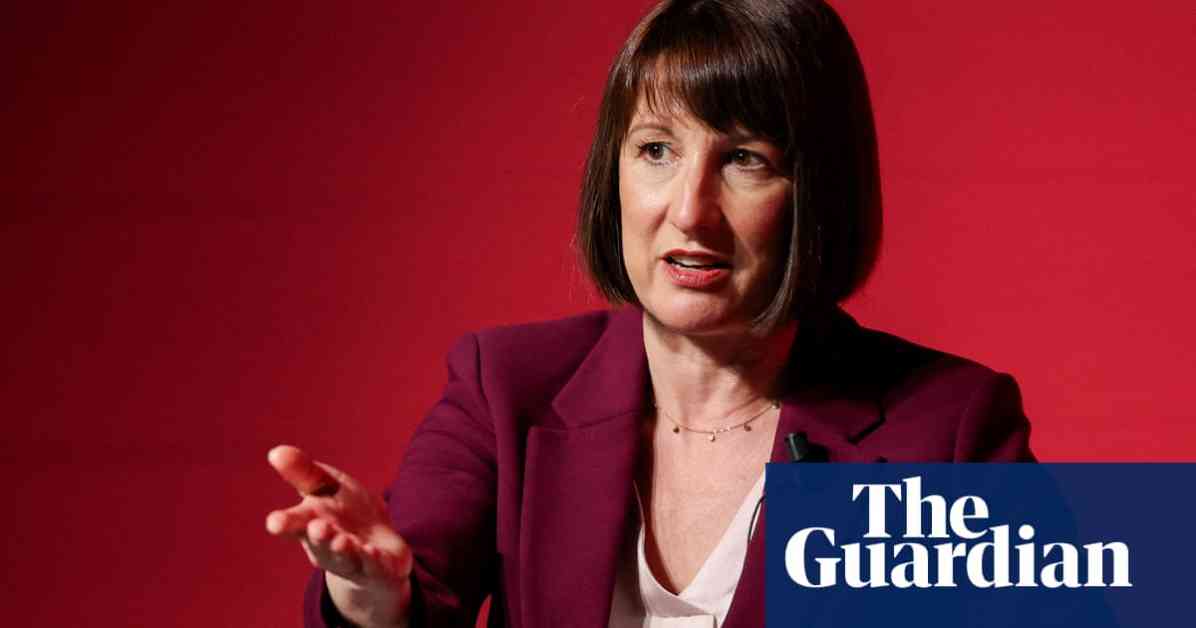Rachel Reeves is moving forward with her plans to borrow billions more for infrastructure investments despite concerns about the increasing cost of UK government debt. She informed the cabinet about her intention to alter how the Treasury accounts for capital spending to highlight its benefits. This change is expected to allow the government to borrow tens of billions more for capital projects during this parliament.
Reeves emphasized the importance of capital spending for the economy during the cabinet meeting, indicating her intention to modify the debt rule she inherited from her predecessor. While Labour pledged in its manifesto to balance day-to-day spending with tax revenues and reduce debt as a share of the economy, Reeves is exploring different debt metrics to allow for additional borrowing.
One option under consideration is adjusting the debt measurement to reflect the value of government assets such as roads, schools, and hospitals. Another possibility is excluding losses from the Bank of England and extra borrowing for public institutions from the debt calculation. These changes could potentially free up between £10bn and £50bn for borrowing, although concerns remain about the impact on borrowing costs and interest rates.
In addition to exploring changes to the debt rule, Reeves is also considering tax increases, including levying VAT on private school fees and tightening tax rules for non-doms. However, shifting projections on potential tax revenues have added pressure on her to rethink the definition of debt to create more room for spending.
Despite mounting concerns about government borrowing costs, Reeves is determined to proceed with her budget plans. The recent rise in borrowing costs has been attributed to various factors, including market nervousness about the budget and increased US government debt costs. Reeves faces the challenge of balancing her spending agenda while ensuring the gilt market remains supportive of Labour’s goals.
While some in the Labour party support changing the debt rule, there are concerns that the Treasury may cut capital spending this year to address a £22bn shortfall in the accounts. This approach has raised questions about the government’s strategic direction and decision-making process.
Reeves is awaiting the OBR’s analysis of her budget measures, coinciding with an international investor summit hosted by the government to attract foreign investment. Business leaders have questioned the timing of the summit before the budget announcement and the absence of an investment minister in the current government setup.
Despite the challenges and uncertainties surrounding government debt and budget planning, Reeves remains focused on delivering economic stability and growth through strategic investments and fiscal policies. Her commitment to reshaping the debt rule and capital spending reflects her determination to navigate the complex economic landscape and deliver on Labour’s manifesto promises.












